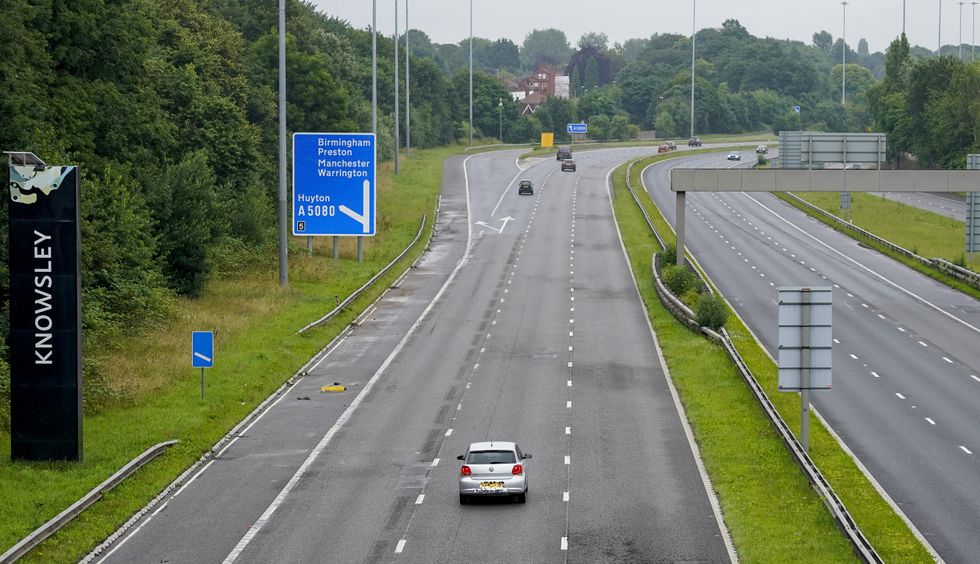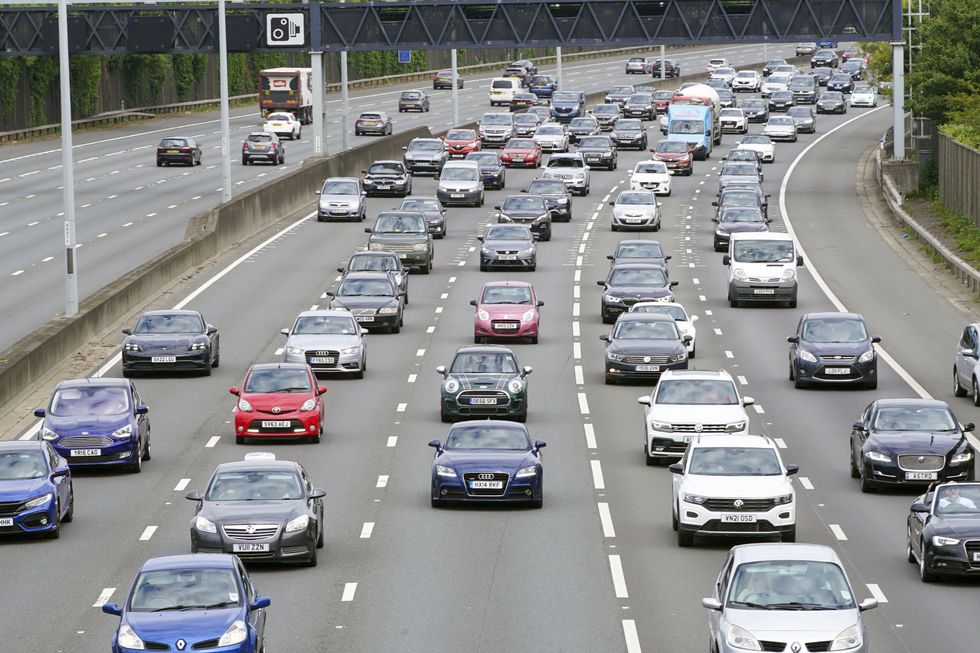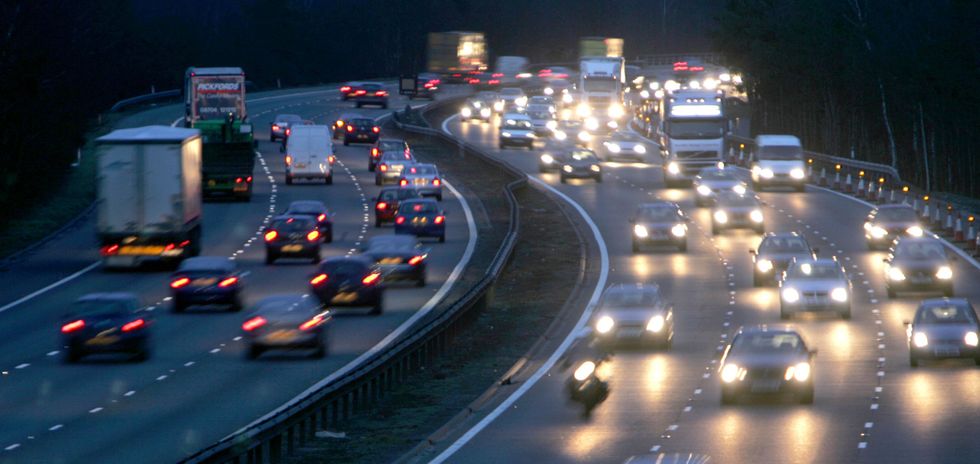Half of motorways and major roads covered in 'unacceptable' amounts of litter

National Highways manages 4,500 miles of roads, of which more than 2,000 miles are now covered in rubbish
Don't Miss
Most Read
Almost half of motorways and major roads are covered in “unacceptable” levels of litter, an assessment has revealed.
Just 53.6 per cent of the network received a grade A or B rating under the Department for Environment Food & Rural Affairs' litter code of practice last year.
The remaining roads were graded C or D, meaning there is widespread distribution of little or heavily affected by litter.
National Highways carried out the assessment and it has a legal obligation under the Environmental Protection Act 1990 to keep its land clear of litter.

An image of a motorway in the UK
|PA
There has been a steady fall in roads rated A or B, with the proportion standing at 60.8 per cent in 2021/22.
National Highways manages 4,500 miles of roads, of which more than 2,000 miles are now covered in rubbish.
John Read, who founded Clean Up Britain, a national anti-litter campaign, said: “It is a staggering fact but one that is totally unsurprising to anyone who has driven up and down the country and seen the miles upon miles of litter everywhere.
“This is National Highways’ own assessment that they’ve reported to the ORR yet still nothing changes.
LATEST DEVELOPMENTS:
An image of cars driving along a motorway
|PA
“They have admitted that despite their legal obligation and enormous budget that almost half the network is in an appalling state of upkeep.
“Despite that level of failure, neglect and lack of accountability they get away with it.”
The findings come as two-in-three drivers witnessed another motorist throwing rubbish on to a motorway or A road, a National Highways survey from January has revealed.
National Highways also last month launched a nationwide campaign aimed at discouraging littering, in association with the RSPCA.

An image of cars driving on a motorway
|PA
A spokeswoman for National Highways described littering as “a dreadful social problem”, adding: “We’re working hard to tackle it on our roads, with our people litter-picking every day.
“To remove litter we have to close motorway lanes, which delays drivers and costs millions of pounds. We aim to strike a balance, such as litter picking when lanes are already closed for maintenance work. This reduces delays but does mean litter will be visible at times.
“If people didn’t drop litter in the first place, it wouldn’t need to be picked up, so we urge road users to dispose of litter responsibly.”
An OBR spokesperson added: “Litter has a significant impact on wildlife and on people’s experience of the strategic road network, so it is disappointing that the latest available data shows the level of litter increased between 2021-22 and 2022-23.
“We are challenging National Highways to use its data on litter to identify and act on litter hotspots, share improved processes across regions and improve engagement with local highways authorities that are responsible for the collection of litter on most A-roads.”











